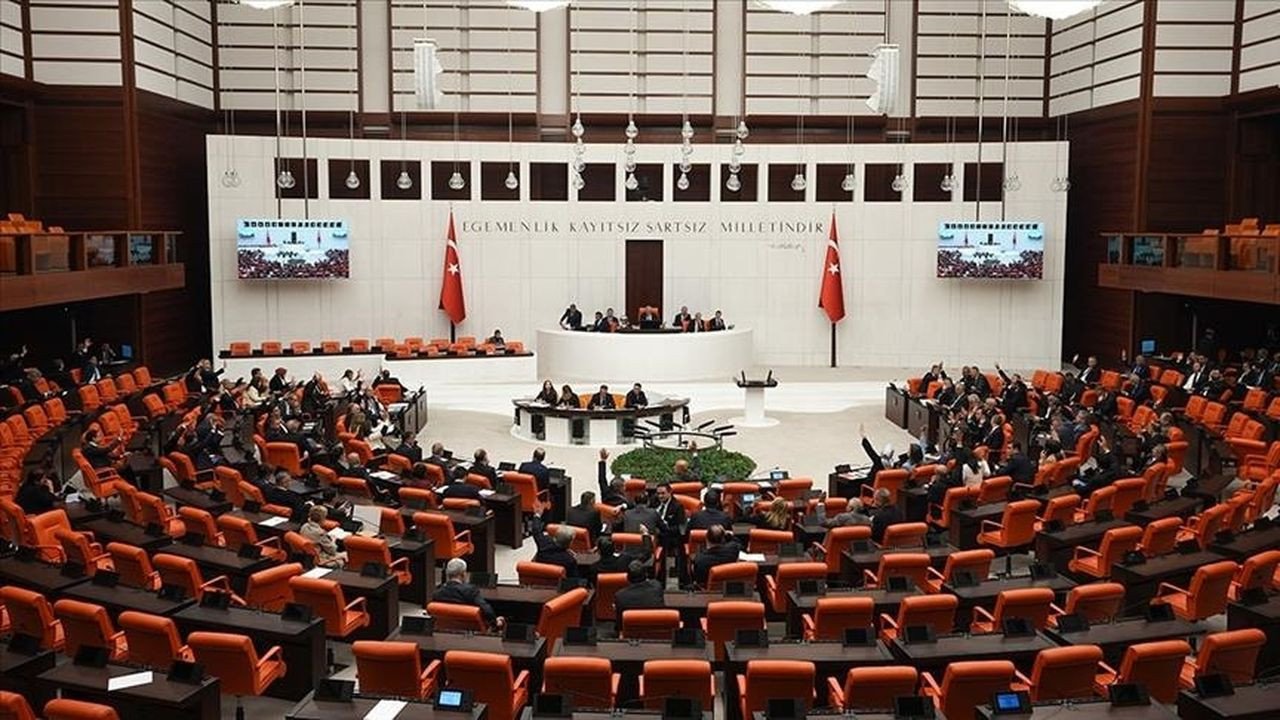Commission on PKK Disarmament Named ‘Brotherhood and Solidarity’ as CHP Backs Process

The newly formed Turkish parliamentary commission tasked with managing the peace process with the PKK has been officially named the “Brotherhood and Solidarity Commission”. The choice of name marks a notable shift from the Turkish establishment’s long-standing rhetoric of a “Terror-Free Turkey” and signals a potentially more inclusive approach. In a notable development, the main opposition Republican People’s Party (CHP) has agreed to join the commission, lending greater political legitimacy to the process.
Context: The 51-member commission’s seats are allocated proportionally based on each party’s parliamentary representation. The ruling AKP holds 21 seats, while the main opposition CHP has 10. Both the pro-Kurdish DEM Party and the nationalist government ally MHP hold 4 seats each. The opposition nationalist İYİ Party and the New Way party have 3 members each. Six smaller parties—HÜDA PAR, Yeniden Refah, TIP, EMEP, DSP, and DP—each receive one seat, despite lacking official parliamentary group status.
The commission’s primary mandate is to draft legislative proposals related to the disarmament process. While it will not have the authority to pass laws, it will submit its proposals to Parliament, where any enacted legislation could represent a historic step toward resolving Turkey’s decades-long Kurdish conflict. According to Parliament Speaker Numan Kurtulmuş, the commission may also explore related issues, but its core mission is to address the necessary legal and political measures surrounding the PKK’s disarmament.
Although composed mainly of MPs, the commission will also consult civil society organizations, legal experts, and others with relevant expertise or experience. It is scheduled to begin work in the first week of August, with the initial meeting set for Tuesday, August 4, despite the parliamentary recess. According to MHP deputy and Erdoğan ally Feti Yıldız, early sessions will focus on internal procedures and may begin laying out a preliminary roadmap.
Regarding decision-making, Parliament Speaker Kurtulmuş clarified that while routine decisions will follow standard procedures, “strategic decisions will require a 3/5 qualified majority” (60% threshold).
Analysis: Surprisingly, the final name of the commission closely resembles the version proposed by the pro-Kurdish DEM Party. While the CHP had advocated for the inclusion of the word “democracy,” the AKP preferred a title emphasizing “terror-free” themes. Though the name is largely symbolic, it signals a more inclusive tone and could indicate a serious approach to the process. The commission is scheduled to hold its first meeting on Tuesday, August 4, despite the ongoing parliamentary recess.
Feti Yıldız, a nationalist MHP deputy and Erdoğan ally, stated that the initial session will likely focus on establishing internal procedures and may begin drafting a preliminary roadmap for the disarmament process involving the PKK.
Separately, CHP leader Özgür Özel raised concerns about the commission’s decision-making structure. He revealed that the Speaker of Parliament informed the CHP that decisions will be made by “qualified majority” — a mechanism that could allow the AKP-MHP bloc to dominate the 51-member commission. Özel criticized this approach as undermining inclusivity and warned that it could weaken the prospects for genuine consensus.
The decision-making structure reveals interesting dynamics. The ruling alliance holds a simple majority with 27 seats (53%): AKP’s 21 seats, MHP’s 4 seats, and one seat each from allies HÜDA PAR and DSP. However, for strategic decisions requiring a 3/5 qualified majority (31 seats), the mathematics become more complex. Notably, if the pro-Kurdish DEM Party’s 4 seats align with the ruling bloc’s 27 seats, they would reach exactly 31 seats—just over the 60% threshold needed for strategic decisions.
The commission is expected to operate through political understandings rather than rigid legal frameworks, reflecting the complexity of the PKK disarmament process. Potential reforms could include the return of some PKK members to Turkey and the release of many Kurdish political prisoners. However, a deeper question looms: will the process extend beyond disarmament to include meaningful steps toward democratization?
This issue is particularly relevant given that Abdullah Öcalan, in his February call for the PKK to lay down arms, emphasized the need for democratic reform across all of Turkey. Since then, however, the country has witnessed further democratic backsliding — including the arrest of several opposition figures and the jailing of the popular mayor of Istanbul. Whether the new commission can or will address these systemic concerns remains to be seen, but its work is likely to shape the trajectory of Turkey’s Kurdish question for years to come.









